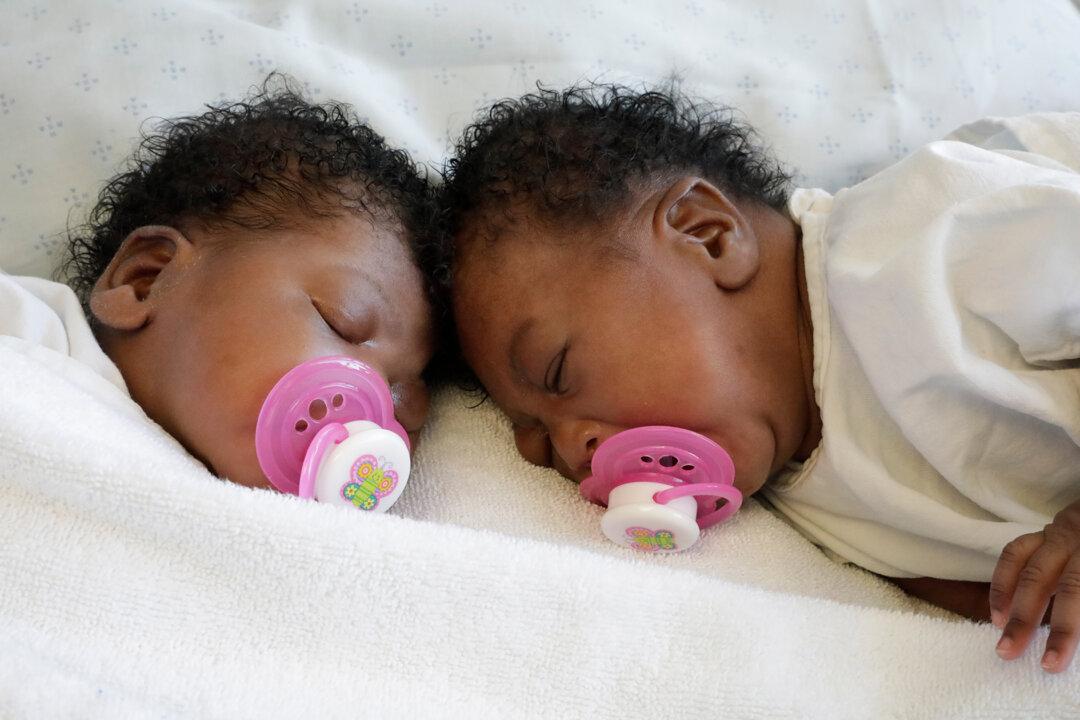Twin baby girls born joined at the head in “the rarest form of conjoined twinning” have been successfully separated.
The lucky mother, Ntombikayise Tyhalisi, 31, of Cape Town, South Africa, is overjoyed to be returning home with her babies.

Twin baby girls born joined at the head in “the rarest form of conjoined twinning” have been successfully separated.
The lucky mother, Ntombikayise Tyhalisi, 31, of Cape Town, South Africa, is overjoyed to be returning home with her babies.